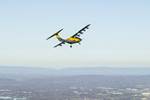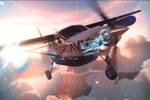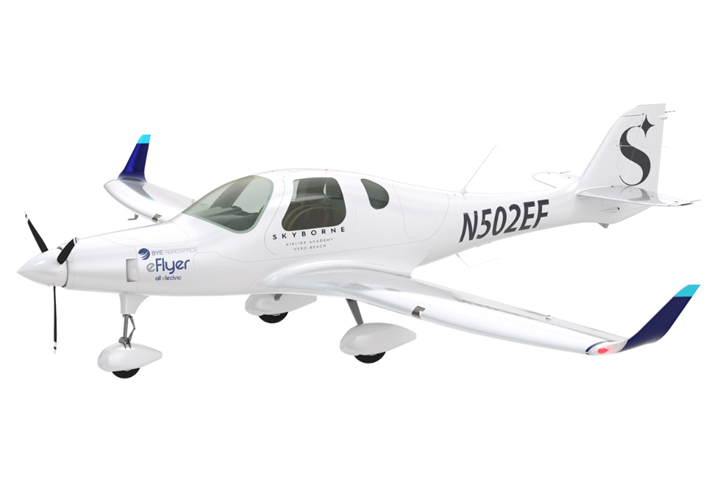Bye Aerospace gains momentum with 30 eFlyer aircraft purchase
Pilot training school Skyborne Airline Academy expands its commitment for the all-electric aircraft series, bringing Bye Aerospace’s order book up to 889 units.
Bye Aerospace (Denver, Colo., U.S.), announces that premier pilot training school Skyborne Airline Academy (Vero Beach, Calif., U.S.) has signed a letter of intent (LOI) for an additional 30 eFlyer aircraft, notably increasing its total commitment to 40 aircraft.
This latest order marks an achievement for Bye Aerospace, with the eFlyer 2 and eFlyer 4 aircraft order book now totaling 889 units, valued at an estimated $570 million. The total order book for the Bye Aerospace complete aviation line now exceeds $1.4 billion.
The eFlyer series incorporates all-electric propulsion technology and a purpose-designed airframe offering up to 80% lower flight operating costs compared to traditional trainers, according to the company. This enables top-tier flight training organizations like Skyborne to deliver training without the burden of excessive fuel expenses, no carbon, no lead and minimal noise. The advanced aerodynamics, coupled with a robust yet lightweight composite structure, ensure high performance, safety and efficiency.
In terms of its electric aircraft program, Bye Aerospace intends to produce serial number 001 in the next 12 months, followed by full Federal Aviation Administration (FAA) certification in 2025, with customer deliveries to immediately follow.
“Our partnership with Bye Aerospace reflects the pioneering spirit of Skyborne and our constant drive to redefine pilot training for the better,” Lee Woodward, CEO of Skyborne Airline Academy, notes. “By investing in Bye’s eFlyer aircraft, we will reduce our impact on the environment and support our airline partners with their sustainability goals. We’re proud to expand our order arrangement and look forward to seeing the eFlyer at Skyborne.”
For related content, read “Bye Aerospace's eFlyer 2 achieves FAA acceptance for Functional Hazard Analysis.”
Related Content
-
A new era for ceramic matrix composites
CMC is expanding, with new fiber production in Europe, faster processes and higher temperature materials enabling applications for industry, hypersonics and New Space.
-
Plant tour: Joby Aviation, Marina, Calif., U.S.
As the advanced air mobility market begins to take shape, market leader Joby Aviation works to industrialize composites manufacturing for its first-generation, composites-intensive, all-electric air taxi.
-
Next-generation airship design enabled by modern composites
LTA Research’s proof-of-concept Pathfinder 1 modernizes a fully rigid airship design with a largely carbon fiber composite frame. R&D has already begun on higher volume, more automated manufacturing for the future.

















